How AI is Revolutionizing Competitive Exam Preparation in 2025
Explore how AI tools boost exam prep with smart planning and analytics.
With the advent of Artificial Intelligence (AI) and new technology, the conventional means of preparing for competitive exams are undergoing a revolutionary change. Preparing for competitive exams has never been made so efficiently, customised, and easily accessible prior to AI and new technology, which have given birth to the new era of exam preparation. Prepare for UPSC, SSC, NEET, JEE, Banking, or State PSCs—let AI enhance your preparation, not complicate it.
This article examines how technology-driven software and AI are transforming the preparation landscape for candidates and how you can use them to build a competitive advantage.
1. Personalised Learning and Adaptive Platforms
One of the most meaningful applications of AI in learning is personalised learning. Platforms like Embibe, BYJU'S, and Testbook use AI algorithms to track individual progress and modify content according to it.
Rather than a blanket method, such sites review a student's performance over time and modify their learning pathway. For instance:
If a student is comparatively strong in Quantitative Aptitude and weak in Logical Reasoning, the AI raises the level of quizzes, videos, and practice sessions for Reasoning while keeping the Quant level the same.
This means that time is spent where it is most required, and efficiency and results are maximised. This self-adaptive learning not only saves time but also increases confidence since learners see consistent improvement in weaker areas.
2. Smart Revision Tools: Spaced Repetition & Flashcards
Revising is the key to retention, and we've transformed how we revise using artificial intelligence. The method of spaced repetition, based on neuroscience, ensures that you recall at the moment that you're on the verge of forgetting.
Anki, Quizlet, and Brainscape are applications that utilise AI in scheduling your flashcards to maximise your revision. You are able to make vocabulary, formulae, history dates, or even news decks. The majority of them now also have AI-created flashcards from your notes or PDFs, which is a lifesaver.
Practical Advice for Aspirants:
- Use Anki to make decks from NCERT textbooks or your coaching notes.
- Practice for 15–20 minutes a day—50 cards a day can work wonders in the long run.
3. AI-Powered Doubt Solving: Learning Without Delays
Gone are the days when students used to wait for doubt sessions in coaching classes. Doubt is now instantly solved with the help of AI tools, so that learning is not interrupted.
Platforms such as:
- ChatGPT (concept clarity and step-by-step solution),
- Toppr Ask,
- Doubtnut (scan your doubt and receive a video solution),
- Brainly
These are always available 24/7.
"Instead of waiting for doubt sessions in coaching class, students can question AI and learn faster."
It helps you keep learning momentum, save frustration, and learn by yourself.
4. Real-Time Analytics and Progress Tracking
Knowing what to study is important. But knowing how you’re performing is equally vital.
AI platforms provide detailed analytics that help you:
- Track time spent per topic
- Measure accuracy levels
- Identify weak areas
- Predict potential scores
For example, Embibe offers performance dashboards that highlight micro-concepts where you're lagging. The testbook gives insights like question attempt patterns and success ratios.
Mock example:
“In the last 10 mocks, your accuracy in Current Affairs improved by 23%, but your Math speed dropped. Focus on Quant speed drills this week.”
These insights help you tweak your strategy dynamically.
5. Mock Tests and AI-Based Exam Simulations
Mock tests are critical to exam success. But frequent mocks don't always trigger pressure or flexibility in the exam. That's where AI-powered mock sites come in.
Software such as:
- Oliveboard
- Gradeup (now BYJU'S Exam Prep)
- PracticeMock
Provide adaptive mock tests with shifting question difficulty depending on your performance.
They mimic:
- Time pressure
- Negative marking
- Topic distribution
- UI/UX of actual exams
AI then critiques not only your score, but how you achieved it—where you wasted too much time, which questions you should have avoided, etc.
That data-based feedback keeps you from repeating errors and enhances test-taking strategies.
6. Voice and Visual Learning Tools
Some students are auditory or visual learners. AI accommodates this, too. Tools now offer AI-generated mind maps, video summaries, and audio lectures.
For example:
- Mindsight AI creates visual mind maps from textbook content.
- Speechify or NaturalReader reads PDFs aloud for auditory learners.
- YouTube AI summaries condense hour-long videos into 5-minute visual recaps.
For English proficiency exams, AI speech recognition tools (like Google's Read Along or ELSA Speak) help improve pronunciation and fluency by giving real-time corrections.
7. Mental Health & Motivation Support
Competitive exams often involve intense stress, anxiety, and burnout. AI is now being used to support student well-being, too.
Apps like:
- Wysa (AI therapy bot)
- Replika
- Youper
They offer mental health conversations, journaling, mood tracking, and calming exercises.
“I used Wysa every day for 5 minutes to deal with my fear of failure during UPSC mains. It helped me stay grounded and focused.”
Some AI platforms even send motivational nudges, productivity stats, or reminders for breaks, encouraging balance.
8. Time Management & Study Planning
Effective preparation is about managing time smartly, not studying more. AI helps in building dynamic study plans tailored to your pace, syllabus, and exam date.
Tools like:
- Notion AI
- StudyWithMe
- StudySmarter
- Cram Fighter
These tools help you break down your syllabus into daily tasks and adjust if you miss a day.
Pomodoro timers integrated with AI also analyse your study patterns and suggest productivity boosts.
Pro tip:
Set 90-minute focused sessions followed by 15-minute AI-recommended breaks for best retention.
9. Cheat Sheet: Best AI Tools for 2025 Aspirants
Purpose | Tool | Features |
| Doubt Solving | ChatGPT, Doubtnut | Step-by-step solutions, scan and ask |
| Test Series | Testbook, Oliveboard | Adaptive questions, real exam simulation |
| Revision | Anki, Quizlet | Spaced repetition, flashcard scheduling |
| Study Planner | Notion AI, StudySmarter | Daily planning, schedule updates |
| Mental Health | Wysa, Replika | AI chat for stress and anxiety |
| Productivity | Forest, Pomofocus | Focus timers with AI tracking |
These tools are either free or have affordable, student-friendly pricing.
10. Success Story: Ravi’s Journey to SSC CGL
Ravi Sharma, a 24-year-old SSC CGL aspirant from Jaipur, cracked the 2024 exam with a Rank under 500—largely through the smart use of AI tools.
Here’s his strategy:
- Study Planner: Used Notion AI to build a 6-month plan.
- Mock Tests: Took Oliveboard mocks twice a week, and used performance analytics to refine attempts.
- Revision: Created 2,000+ flashcards in Anki from the previous year's questions.
- Doubt Clearing: Used ChatGPT for quick explanations in Polity and Reasoning.
- Mental Health: Practised mindfulness with Wysa every night.
“Without AI, I’d still be confused about where I stand. These tools made my prep focused and less stressful.”
His story reflects how aspirants can go beyond traditional preparation methods and use tech to compete smarter.
11. Final Takeaway: How Aspirants Can Get Started with AI
Here’s a simple 4-step guide to integrate AI into your preparation journey:
Step 1: Identify Your Exam & Syllabus
- Download the syllabus PDF.
- Note major subjects and key topics.
Step 2: Choose Your AI Toolkit
Pick 2–3 tools based on your needs:
- Study + Mocks: Testbook, Oliveboard
- Doubts: ChatGPT, Doubtnut
- Revision: Anki, Quizlet
- Planner: Notion AI, StudySmarter
Step 3: Set Weekly Targets
- Use AI study planners to assign daily goals.
- Track topic coverage, accuracy %, and revision.
Step 4: Analyse & Tweak Weekly
- Review mock test analytics.
- Focus more on weak areas.
- Add new flashcards and doubts regularly.
Final Words
AI is not a magic wand, but it's the most powerful study assistant a competitive exam aspirant can have today. With AI-driven personalisation, real-time analytics, smart revision, and wellness support, you no longer need to study blindly or burn out.
Instead, prepare in a targeted, data-driven, and balanced way.
As you begin or continue your journey toward cracking your dream exam, remember: those who adapt faster, succeed faster.
So plug into the future. Let AI work with you, not against you, and watch your preparation evolve to the next level.
Want to study better and faster? Visit Skoodos Bridge now and find easy tools to help you prepare for exams!
Categories
Archives
- October 202521
- September 202520
- August 202522
- July 202524
- June 202524
- May 202526
- April 202530
- March 202523
- February 202513
- January 202523
- December 202429
- November 20246
- September 20245
- August 202422
- July 202415
- May 20249
- June 202424
Similar Posts

Electric Vehicle Jobs: Top Mechanical Engineering Careers in EV Sector
by Skoodos Bridge

EdTech Careers After Engineering: Build Learning Apps & Startups
by Skoodos Bridge
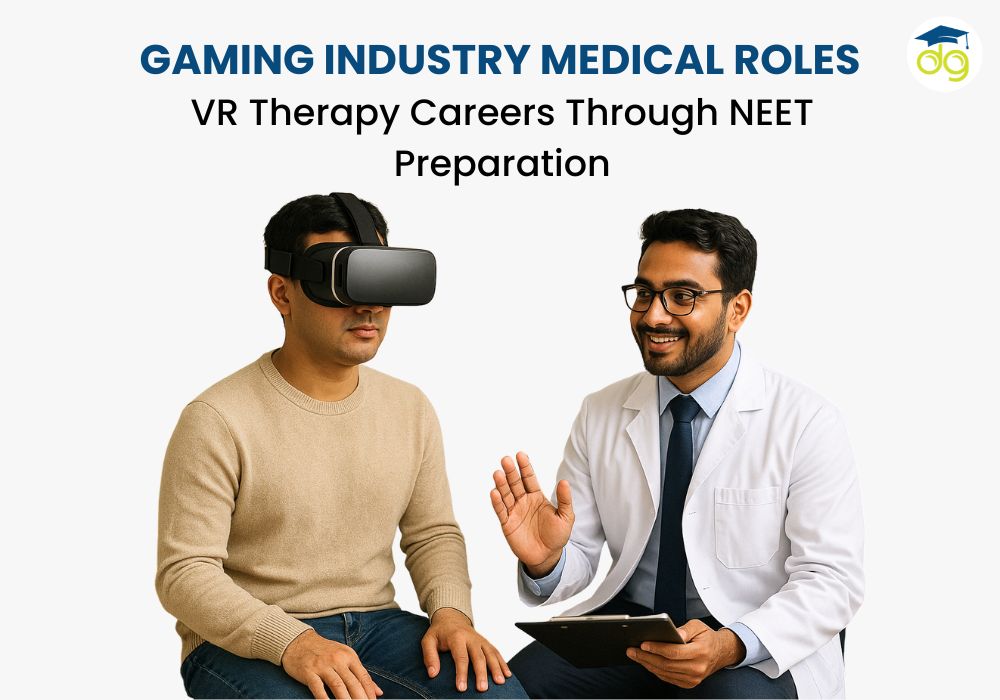
Gaming Meets Medicine: VR Therapy Careers for NEET Aspirants
by Skoodos Bridge
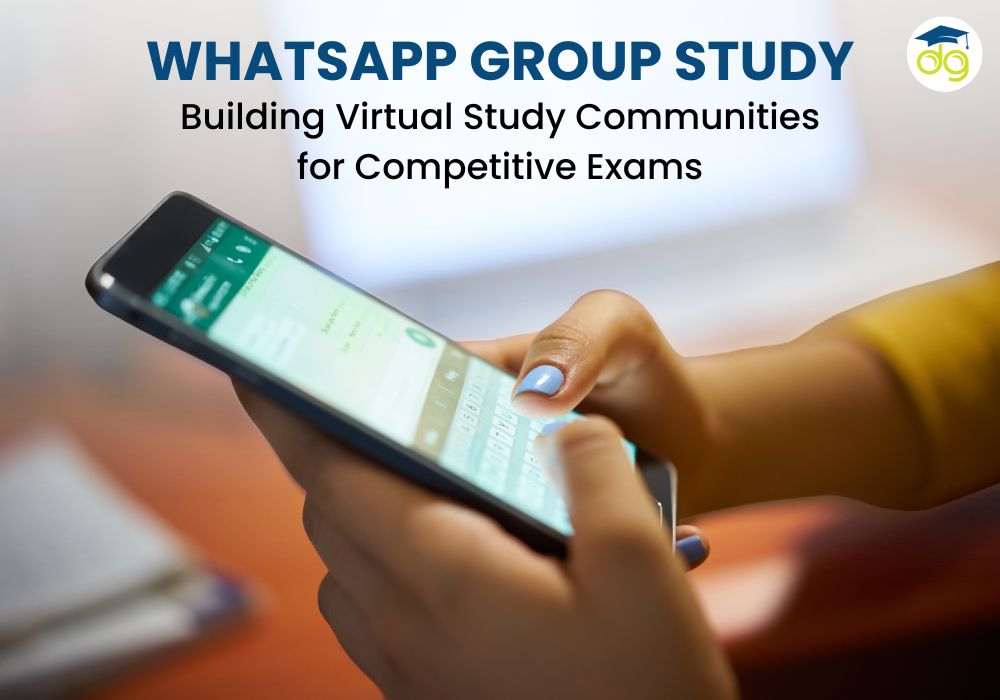
WhatsApp Group Study: Boost Your Competitive Exam Preparation
by Skoodos Bridge
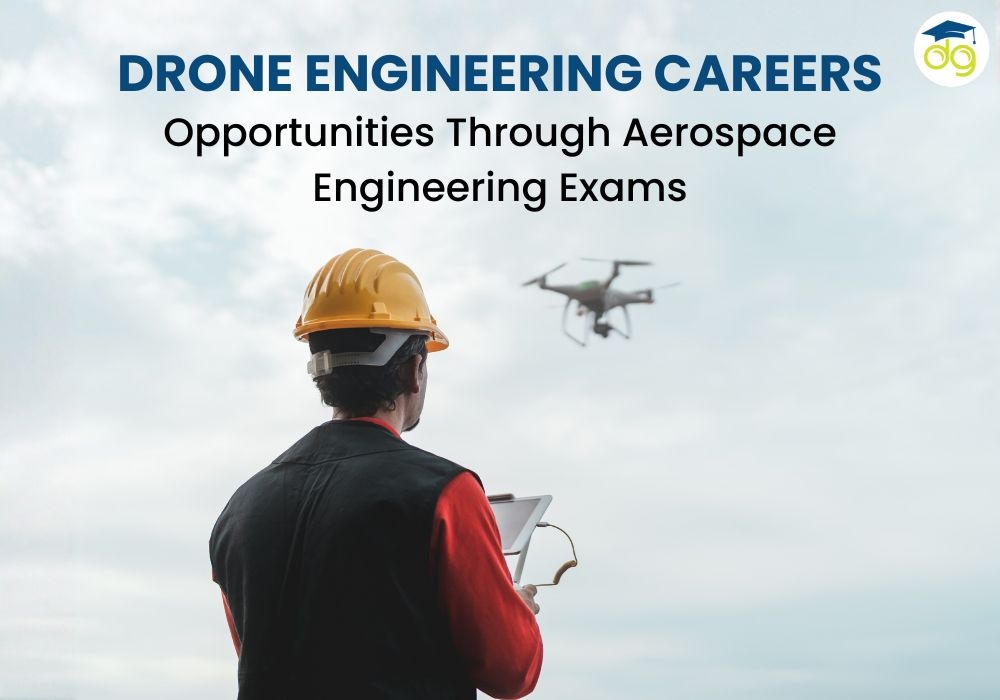
Drone Engineering Careers: Aerospace Pathways, Exams & Job Opportunities
by Skoodos Bridge
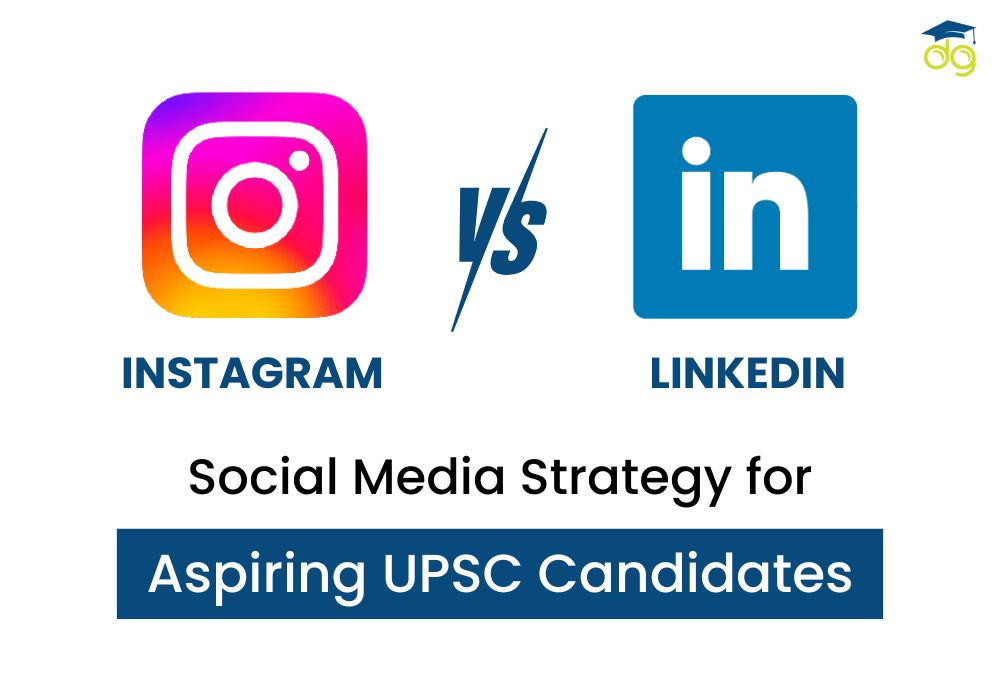
Instagram vs LinkedIn: Smart Social Media Strategy for UPSC Aspirants
by Skoodos Bridge
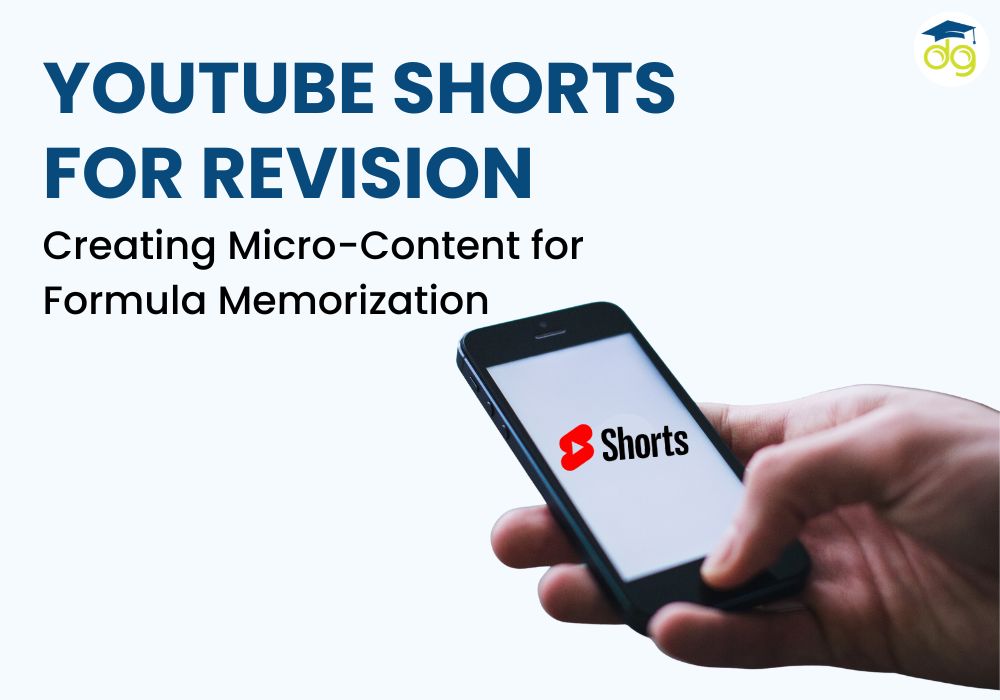
YouTube Shorts for Revision: Micro-Learning to Memorize Formulas Quickly
by Skoodos Bridge
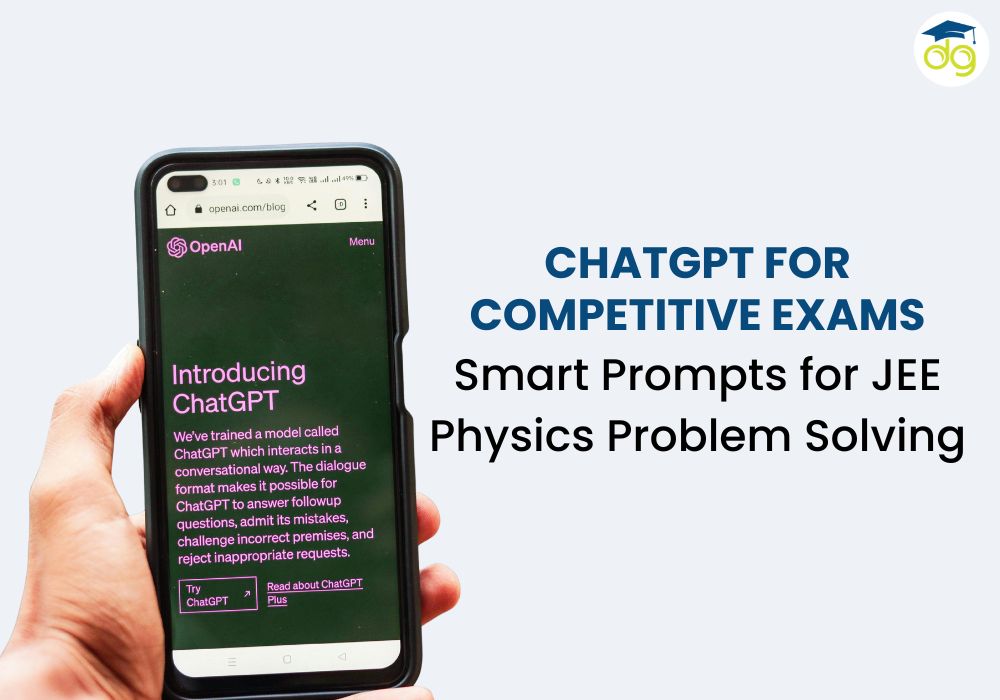
ChatGPT for JEE Physics: Smart Prompts to Master Problem Solving
by Skoodos Bridge

Space Technology Careers: ISRO Opportunities Beyond Aerospace Engineering
by Skoodos Bridge
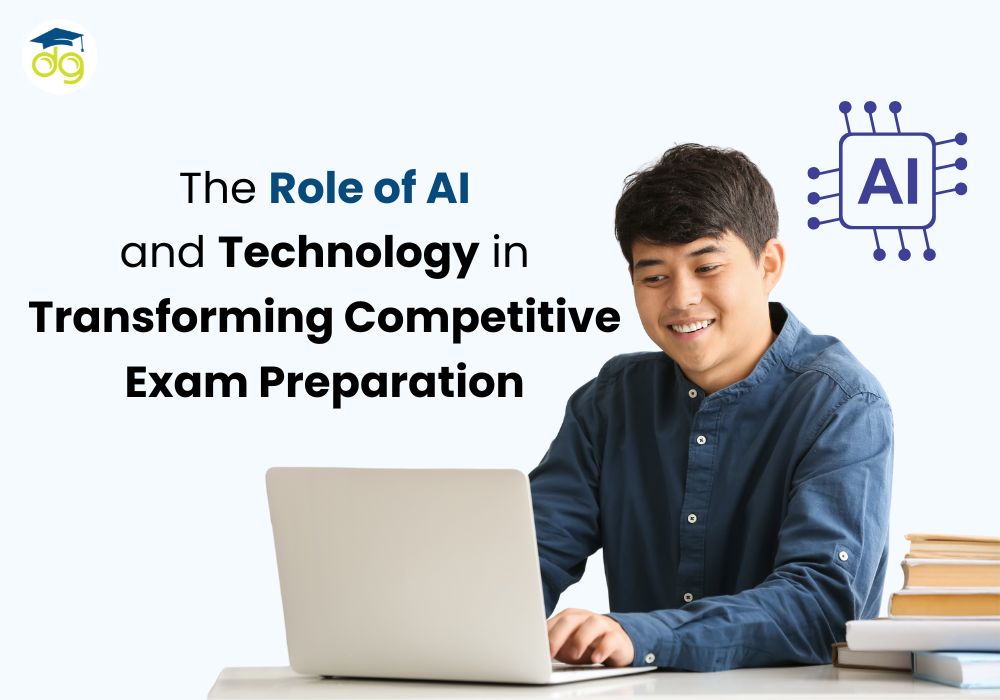

Leave a Comment